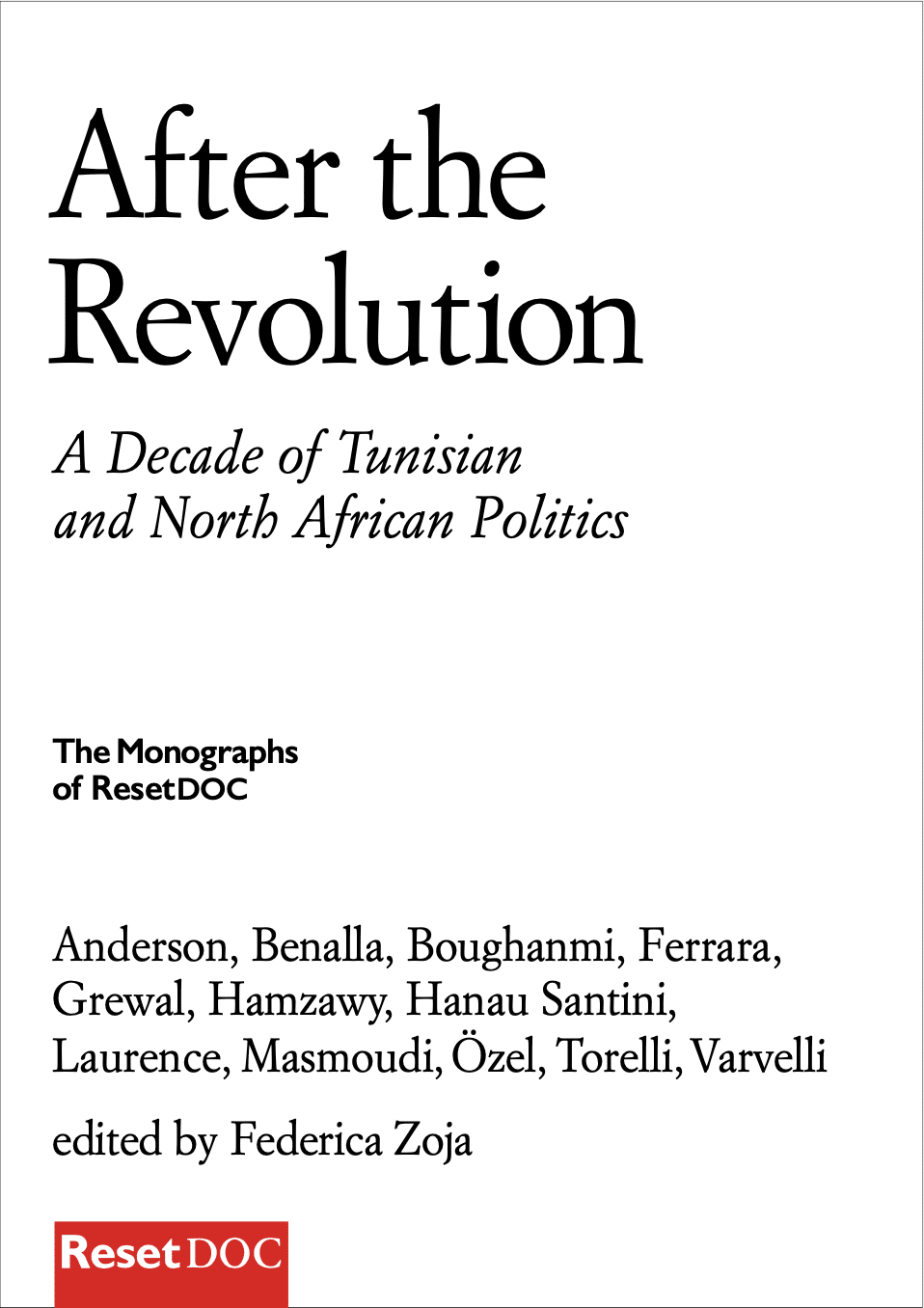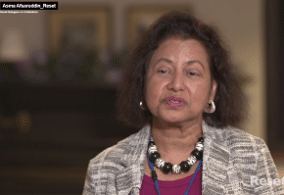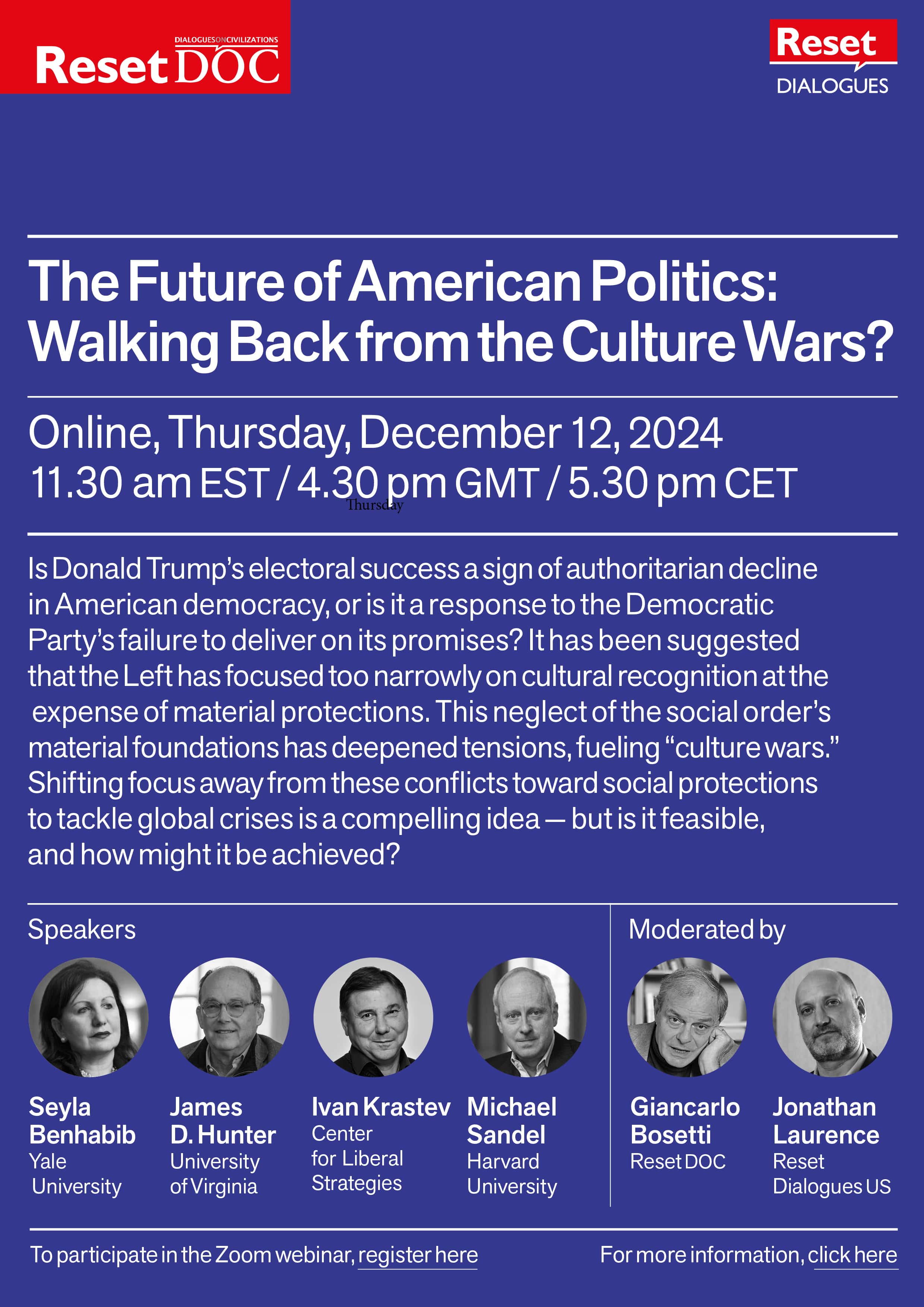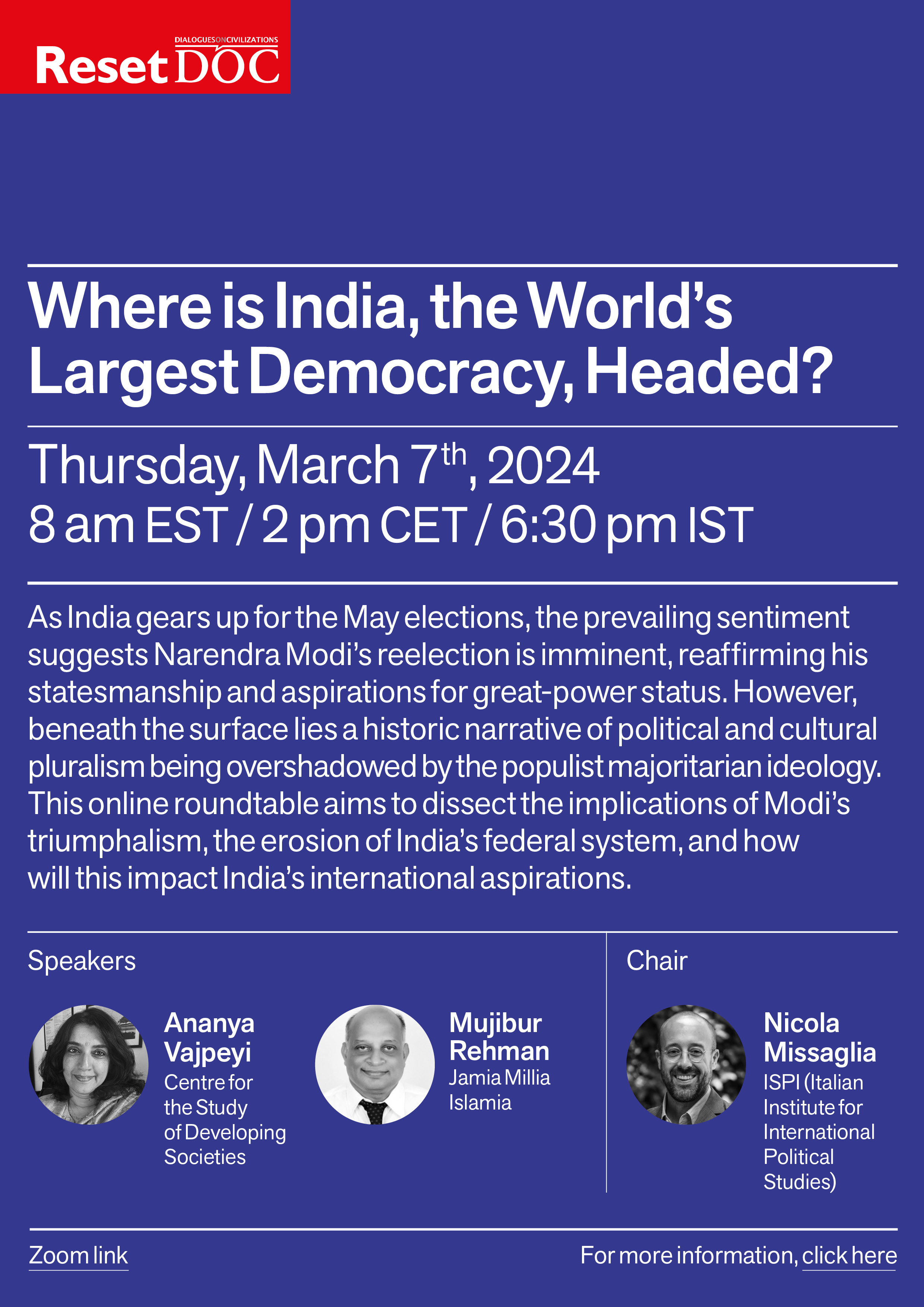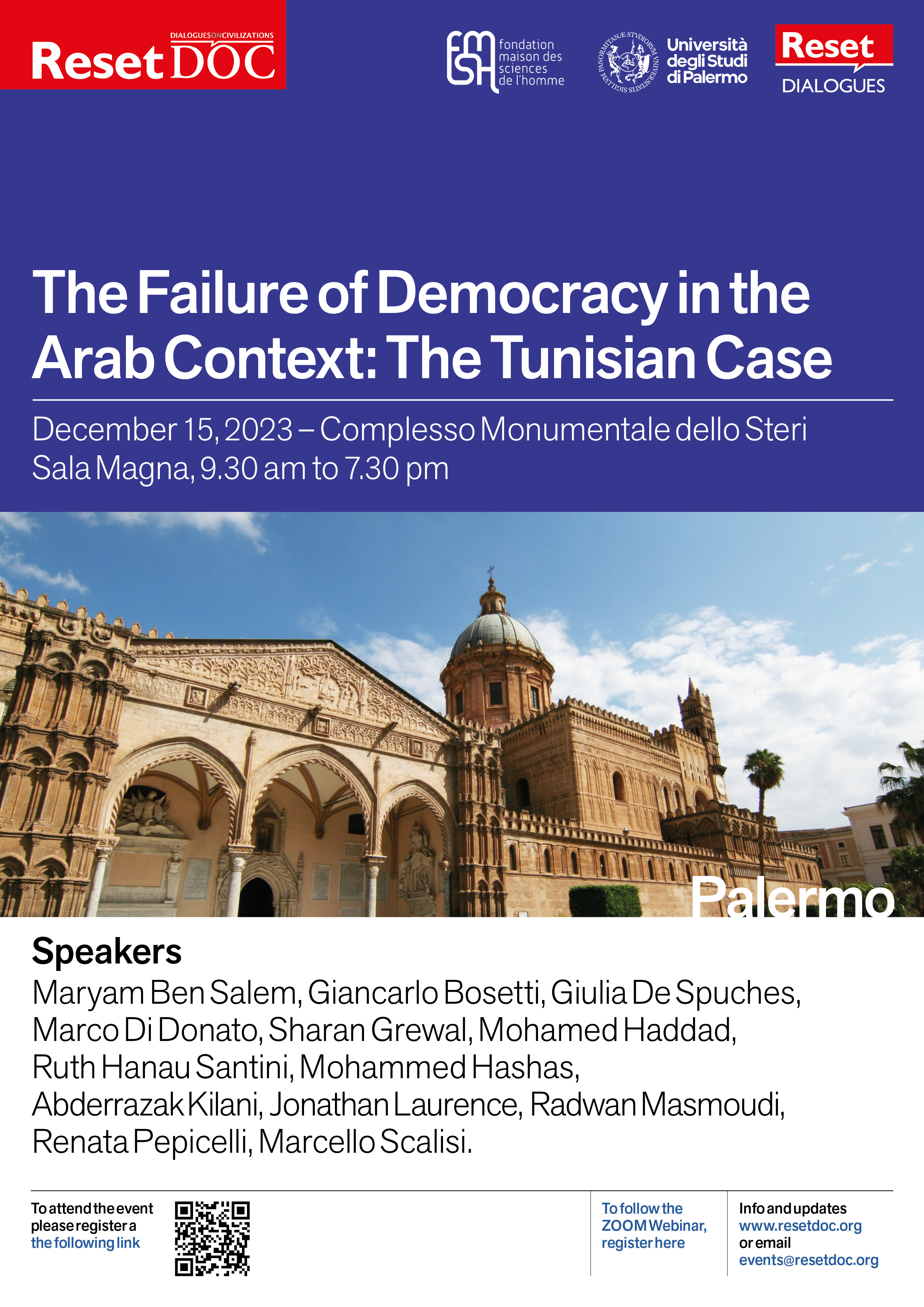Andre Diniz Pagliarini 17 December 2025
For months, U.S. naval forces have been gathering off Venezuela’s coast. The warships, the bomber flyovers, and the rising volume from Washington are not incidental. The likelihood of an actual intervention is not incidental. It is in line with the administration’s recently presented geopolitical priorities. The new National Security Strategy, released earlier this month, explicitly elevates the Western Hemisphere as a central arena of U.S. national security, linking migration, narcotics trafficking, and regional instability to the defense of the homeland.









